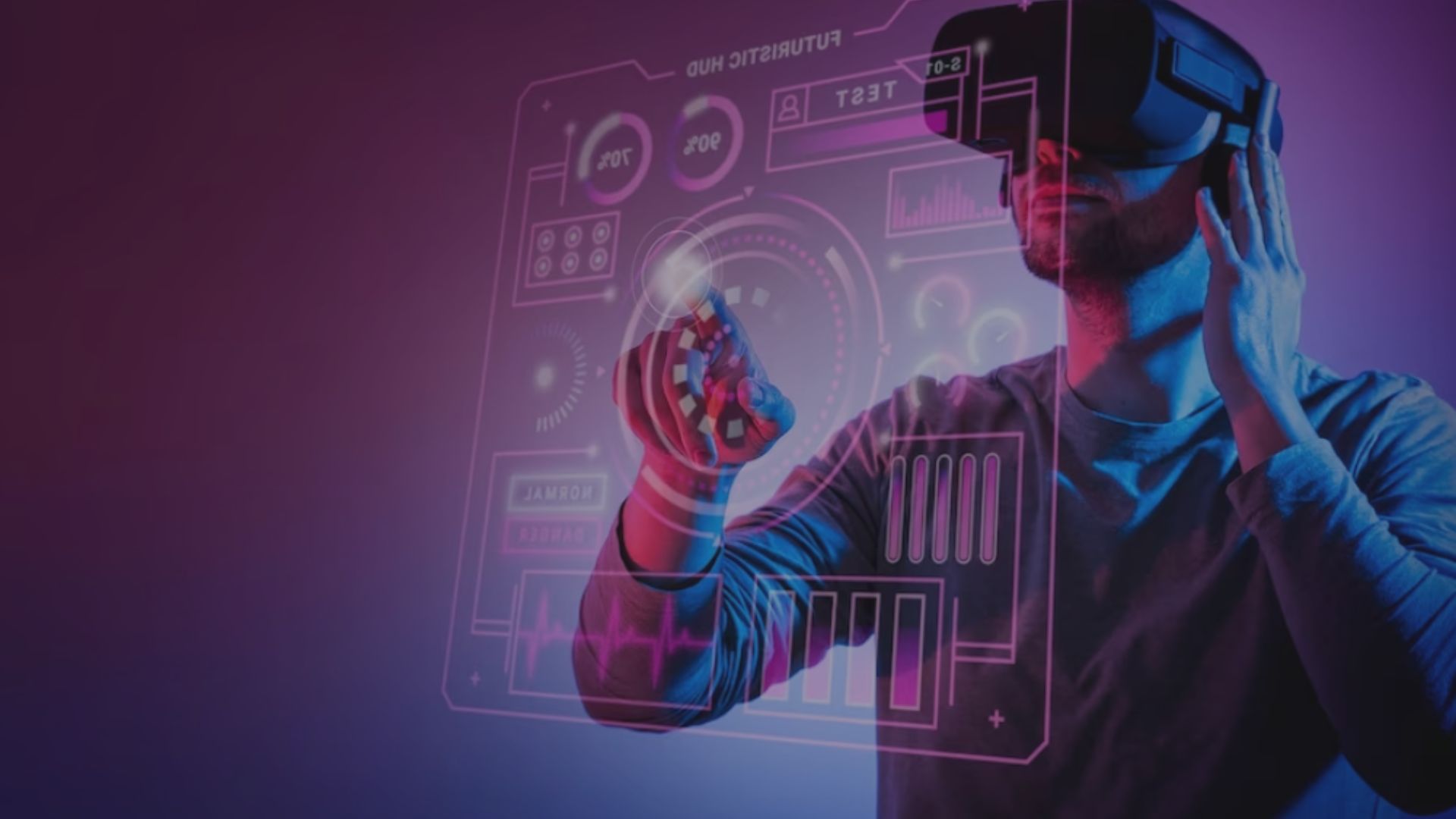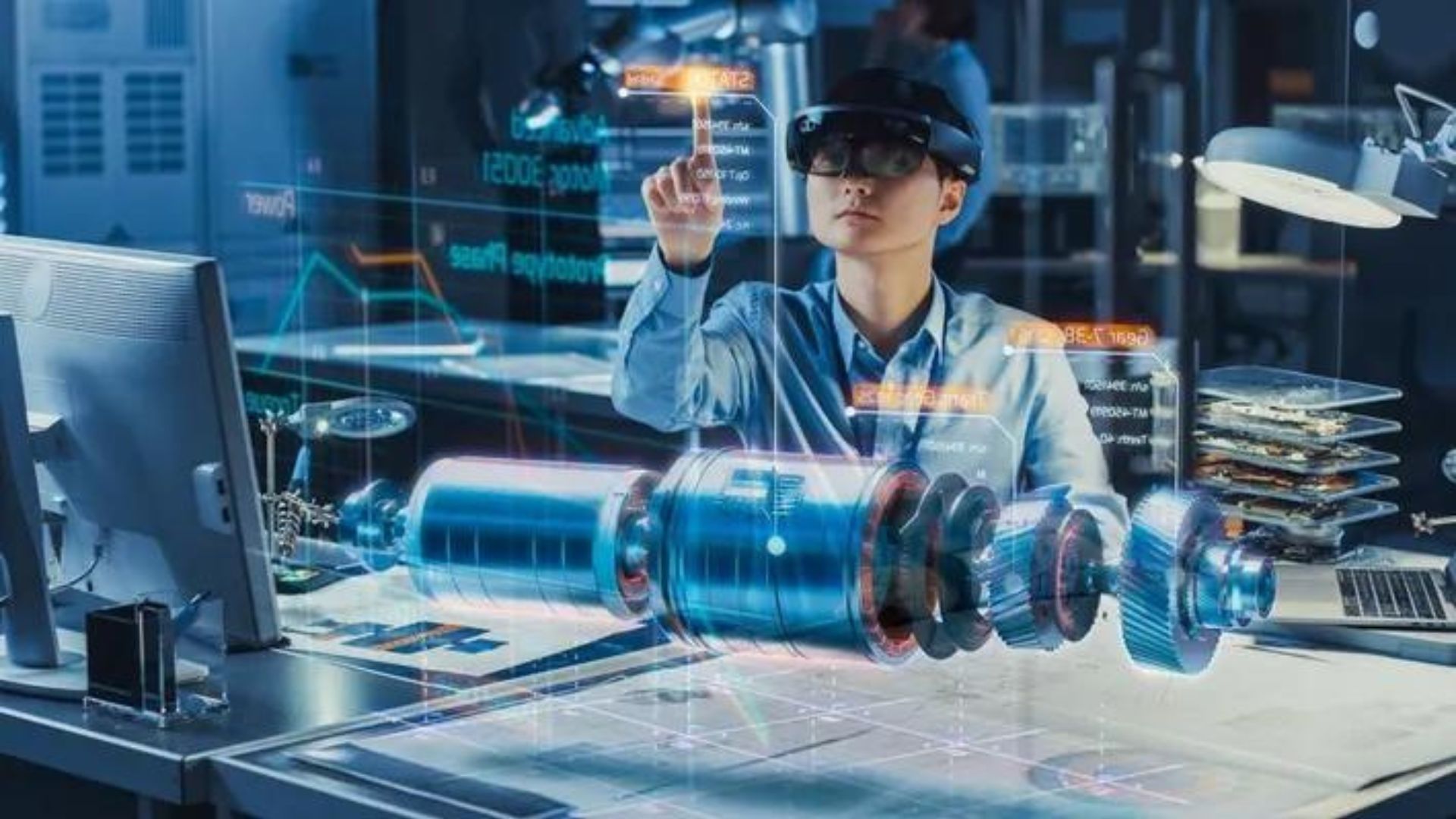Virtual reality (VR) technology has captured the imagination of tech enthusiasts and gamers alike, offering immersive experiences that transport users to digital realms. As this innovative technology continues to evolve, let’s delve into its potential future and the exciting possibilities it holds.
The current state of VR technology showcases significant advancements, with headsets becoming more accessible and affordable. These devices utilize advanced sensors and displays to create realistic environments that users can interact with seamlessly. From gaming and entertainment to training simulations and virtual tourism, the applications of VR are diverse and promising.
The Current State of VR Technology
At present, VR technology has made significant strides, with headsets becoming more accessible and affordable. These devices use advanced sensors and displays to create realistic environments that users can interact with. From gaming and entertainment to training simulations and virtual tourism, the applications of VR are diverse and promising.

Enhanced Immersion and Realism
One of the key areas of development in VR technology is enhancing immersion and realism. Future headsets are expected to feature higher resolution displays, wider field of view, and improved tracking systems. These advancements will create more convincing virtual environments, blurring the line between the real world and the digital realm.
Seamless Integration with Other Technologies
Another aspect of the future of VR technology is its integration with other emerging technologies. Augmented reality (AR), for example, could complement VR experiences by overlaying digital elements in the real world. This fusion of AR and VR, known as mixed reality (MR), has the potential to revolutionize industries such as education, healthcare, and manufacturing.
Wireless and Mobile VR
As VR technology becomes more advanced, there is a growing demand for wireless and mobile solutions. Future VR headsets are likely to be lighter, more comfortable to wear, and capable of operating without tethering to a PC or console. This freedom of movement will enable users to experience VR anywhere, whether at home, in the office, or on the go.
Social Interaction and Collaboration
In the future, VR technology is expected to facilitate richer social interaction and collaboration. Virtual meeting spaces, multiplayer gaming experiences, and collaborative work environments will become more common, bringing people together in immersive virtual worlds regardless of physical distance.
Health and Wellness Applications
Beyond entertainment, VR technology holds promise in the realm of health and wellness. From therapeutic applications for mental health disorders to immersive fitness experiences, VR has the potential to positively impact both physical and mental well-being. As technology advances, we can expect to see more innovative solutions aimed at improving quality of life.
Challenges and Considerations
While the future of VR technology is undoubtedly exciting, it also presents challenges and considerations. Firstly, issues such as motion sickness, privacy concerns, and accessibility barriers need addressing to ensure enjoyable and inclusive experiences for all users. Additionally, continued investment in research and development is crucial. This investment drives innovation and pushes the boundaries of what is possible with VR technology. Furthermore, as the technology evolves, overcoming these challenges will be essential for maximizing its potential and ensuring widespread adoption and acceptance. By addressing these considerations head-on, the future of VR holds promise for transformative advancements and groundbreaking experiences that benefit society as a whole.
Conclusion
In conclusion, the future of virtual reality technology is filled with possibilities. Enhanced immersion and realism, seamless integration with other technologies – VR can transform industries and reshape digital interaction. As technology evolves, addressing challenges and embracing opportunities is crucial. Additionally, with advancements and adoption, VR has the power to revolutionize life, work, and play.

